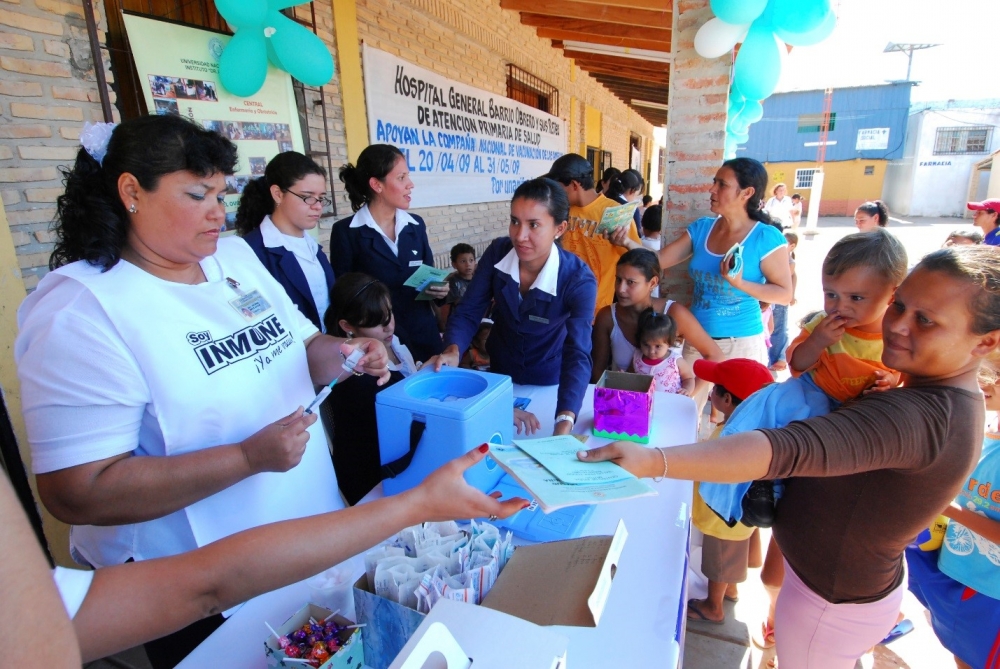As global vaccination coverage falls, measles cases spike

According to a report from the World Health Organisation, numerous countries have experienced a spike in measles cases in recent years. Due to gaps in vaccination coverage, it is estimated that 110,000 people have died.
Updated disease modelling data shows that more than 21 million lives have been saved through measles immunisations since 2000. However, since 2016 there has been an over 30 percent increase in reported cases.
Although the prevalence of measles has fallen in the Western Pacific region, there has been an upsurge in reported cases throughout Europe, the Americas and the Eastern Mediterranean area since 2017.
Dr. Soumya Swaminathan, Deputy Director General for Programmes, WHO commented:
“The resurgence of measles is of serious concern, with extended outbreaks occurring across regions, and particularly in countries that had achieved, or were close to achieving measles elimination.”
Adding:
“Without urgent efforts to increase vaccination coverage and identify populations with unacceptable levels of under-, or unimmunized children, we risk losing decades of progress in protecting children and communities against this devastating, but entirely preventable disease.”
Despite measles being preventable through the use of vaccination, the global coverage of the first dose of the vaccine has stalled at 85 percent. This falls short of the 95 percent coverage needed to prevent outbreaks and leaves many susceptible to the disease.
Dr. Seth Berkley, CEO of Gavi, the Vaccine Alliance stated:
“The increase in measles cases is deeply concerning, but not surprising. Complacency about the disease and the spread of falsehoods about the vaccine in Europe, a collapsing health system in Venezuela and pockets of fragility and low immunization coverage in Africa are combining to bring about a global resurgence of measles after years of progress. Existing strategies need to change: more effort needs to go into increasing routine immunization coverage and strengthening health systems. Otherwise we will continue chasing one outbreak after another.”
In response to the recent outbreaks, health agencies are strengthening routine vaccination services and sustained investment in immunisation systems. The agencies are also tackling hesitancy and misinformation about vaccines.
The AIDF Global Summit will return to Washington, D.C. in 2019.
If you’d like to stay informed on the latest updates in aid and development, please sign up for the AIDF newsletter.
Photo Credit: WHO














